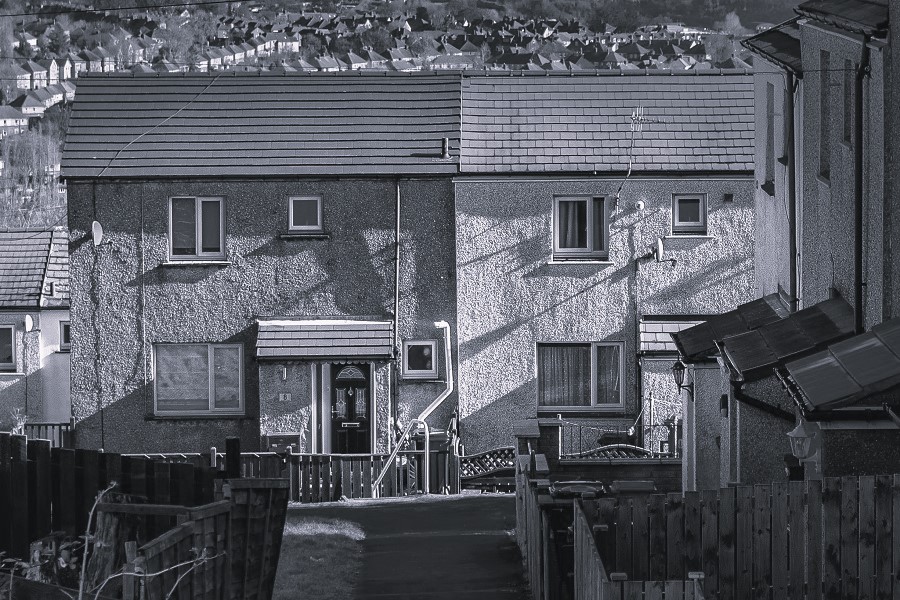The Housing Act of ‘80 isn’t something many are likely to be overly familiar with. Yet, throughout the ‘80s, it “acted” to polarise public opinion like few other policies; of which there were many riotously triggering ones.
The Act gave “council” tenants the Right to Buy (RTB) their homes at a discount to the market value.
Over time, the scheme saw over two million properties move from the public to the private sector. This transfer accelerated with the liberalisation of the UK lending market around ‘86; before which, Right to Buyers were required to present large deposits to obtain a mortgage. Whilst RTB monies received went to the Local Authority (LA) in which the sale occurred, it was decreed this had to be used to reduce debt and only once this had been cleared could any remaining funds be used to finance the building of new homes. Because the receipts from sales were not hypothecated for use in building new council homes, the RTB scheme became extremely unpopular amongst those who saw it as removing affordable housing at a time of great need. RTB supporters argued it was empowering and raised attitudes to civic responsibility.
If anything characterised Thatcherism, RTB was it.
With the arrival in ‘97 of a Labour Government, RTB continued, albeit the discounts on offer much reduced. Then, from ‘05, LA tenants were required to be resident for at least five years before they could apply to buy and, if successful, restricted in their ability to sell into the open market (first offering the property to a social landlord). Matters were then loosened again on Labour leaving office.
The reality is that the vast majority of lucrative, “well in the money” RTB purchases were made in the years up to ‘89, and so before the now infamous ‘89-‘92 UK residential property crash. What made – and makes – the RTB scheme so fascinating is that its real economic legacy is now close upon us.
Let us assume the average age of a Right to Buyer in the early ‘80s was in the late 20’s or low 30’s. For these, their 70’s have now arrived. The reality is that, over the next decade, many of Margaret Thatcher’s Right to Buyers will become generous benefactors; many having traded up and up a housing ladder which, over 40 years, has appreciated by a factor of nine. As and when this property wealth is bequeathed, the UK will experience inheritances from and into a socio-economic class which has no real tradition of such. The impact of this should not be underestimated.
Of course, many of those inheriting property or the monies from its sale will have advanced through the social order and already be homeowners; whilst some Right to Buyers will have spent their resi-wealth on social care. The point is that many across a particular socio-economic group will still gain a windfall.
Since there is no precedent for this, it is impossible to accurately assess what it will mean for the wider UK economy. However, one thing is clear. Such exceptional inherited wealth could easily be a populist target to a government looking at ending inheritance tax and to its electoral end…








